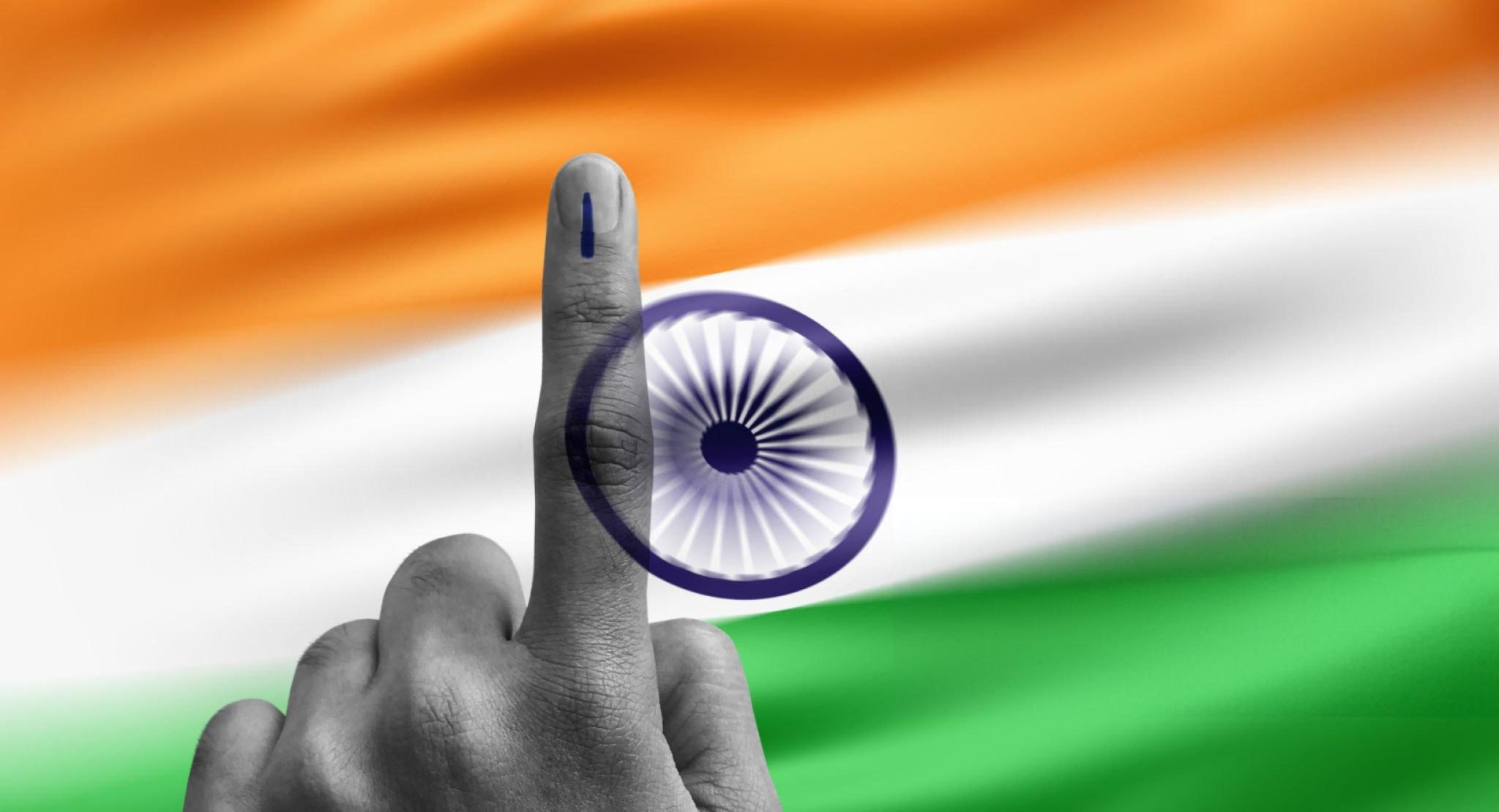With the Jharkhand Assembly elections just around the corner, key political parties are unveiling their manifestos, laying out promises aimed at the development of the state and addressing local concerns. Both the Bharatiya Janata Party (BJP) and Jharkhand Mukti Morcha (JMM) have revealed their agenda, aiming to secure votes by addressing pressing issues such as tribal rights, women’s welfare, and state development. The BJP is optimistic about replicating its recent electoral successes in other states, while the JMM seeks to consolidate its position by focusing on welfare and cultural preservation.
BJP’s agenda: Protecting Tribal identity and promoting security
On Sunday, Home Minister Amit Shah released the BJP’s manifesto, or Sankalp Patra, promising a series of reforms that include the implementation of the Uniform Civil Code (UCC) in Jharkhand. Shah emphasized that while the UCC would be applied to ensure uniformity in civil laws, the BJP would ensure the preservation of tribal heritage and identity. “Hemant Babu, a Uniform Civil Code will certainly be implemented in Jharkhand, but the identity and heritage of the tribal communities will be fully preserved,” Shah said, addressing Jharkhand Chief Minister Hemant Soren of the JMM.
The BJP’s platform is centered around 25 core promises that focus on issues of national security, women’s welfare, economic development, and employment. Key highlights include:
- Infiltration and Security: A primary point in the BJP’s manifesto is tackling infiltration from Bangladesh. The party promises stringent measures to “drive out infiltrators” from the state, a move that it believes will resonate with local concerns about security and identity.
- Uniform Civil Code: The BJP has committed to implementing the UCC in Jharkhand, a step that the party believes will streamline civil laws across communities while safeguarding tribal cultural identity.
- Women’s Welfare: The BJP promises a monthly allowance of ₹2,100 to every woman in the state, enhancing financial support and addressing economic independence for women. Additionally, they have pledged to return land taken from women, positioning it as part of a larger commitment to upholding women’s rights.
- Employment and Economic Growth: To address youth unemployment, the BJP has pledged to create 500,000 job opportunities. Furthermore, they promise free LPG cylinders for women during festivals such as Diwali and Raksha Bandhan, and basic amenities like housing and water connections for 2.1 million families.
The BJP is also contesting the elections in alliance with the All Jharkhand Students Union (AJSU), Janata Dal (United), and Lok Janshakti Party (Ram Vilas), hoping to consolidate its influence across various constituencies.
JMM’s vision: Welfare and Local identity preservation
The ruling JMM, led by Chief Minister Hemant Soren, has yet to release its official manifesto. However, the party has outlined key promises that counter the BJP’s agenda. The JMM is focusing on welfare schemes, particularly those benefitting women and economically disadvantaged communities, while underscoring issues of identity and security.
- Maiyan Samman Yojana: As a counter to the BJP’s proposed monthly allowance for women, the JMM has introduced the Maiyan Samman Yojana, promising a higher monthly incentive of ₹2,500 for women. This scheme is intended to provide greater economic relief to Jharkhand’s women, positioning the JMM as a stronger advocate for women’s welfare.
- National Security Responsibility: The JMM-Congress alliance has dismissed BJP’s stance on border security, arguing that issues of infiltration and border security fall under the purview of the Union Ministry of Home Affairs. This response highlights a divide between state and central responsibilities and seeks to reassure voters that the current administration is prioritizing regional welfare.
- Preservation of Tribal Identity: While not explicitly discussed in their preliminary outline, the JMM has been vocal about preserving the identity and rights of tribal communities, positioning itself as a defender of Jharkhand’s cultural and social heritage. The party has often criticized the BJP’s push for the UCC, asserting that such policies might dilute tribal customs and traditions.
The Congress party, a coalition partner with the JMM, is expected to release its manifesto soon, providing additional details on the alliance’s strategy for the elections.
A High-stakes election
The Jharkhand Assembly elections are set to be held on November 13 and 20, and both parties are mobilizing to secure a decisive victory. With the BJP’s focus on nationalistic themes and women’s empowerment and the JMM’s emphasis on welfare and cultural preservation, the two manifestos reflect contrasting visions for Jharkhand’s future. As voters prepare to head to the polls, these promises are likely to play a crucial role in shaping the electoral outcome, potentially influencing the direction of governance in Jharkhand for the coming years.







